The latest news from Eawag
Refine search
Refine search

Green roofs and ponds as networks
April 15, 2025

Gaining time in the fight against the quagga mussel
April 8, 2025
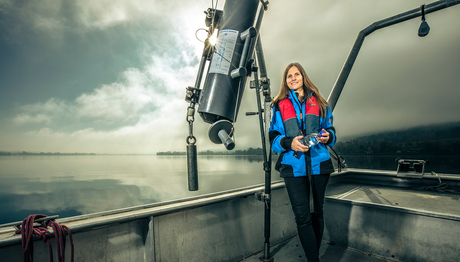
Blue-green algae: every lake is unique
April 3, 2025
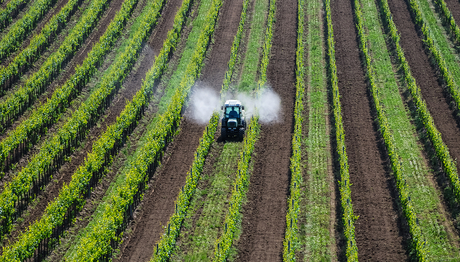
The devastating impact of humans on biodiversity
March 26, 2025
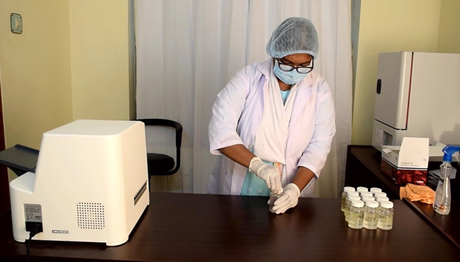
Rural water quality labs are essential for public health
March 14, 2025
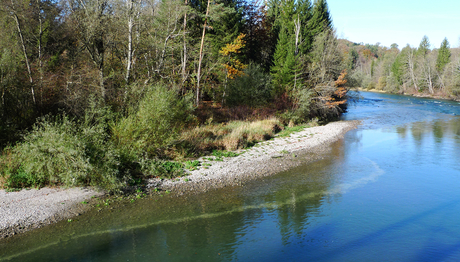
Promoting the compatibility of hydropower and ...
March 11, 2025
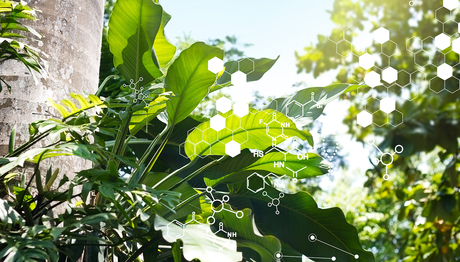
Understanding how molecules and ecosystems interact
March 7, 2025
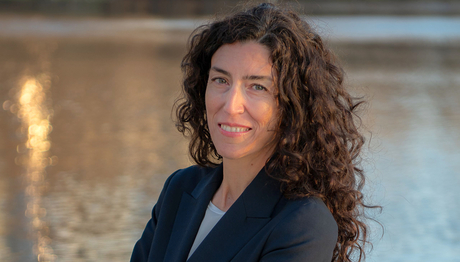
Eawag strengthens hydrology expertise
March 6, 2025

Successfull Blue Summit
February 18, 2025

Biochemical signatures to predict how chemical pollution ...
February 13, 2025
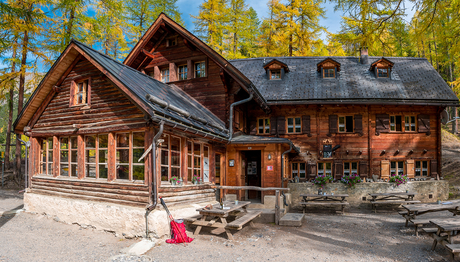
A fairer assessment of wastewater treatment in mountain ...
February 12, 2025
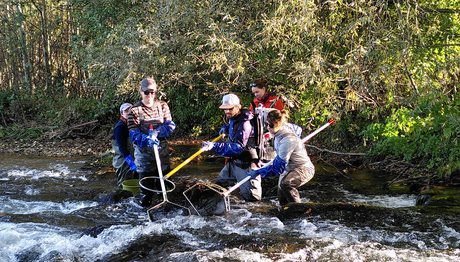
Two new fish species discovered in Swiss waters
February 11, 2025
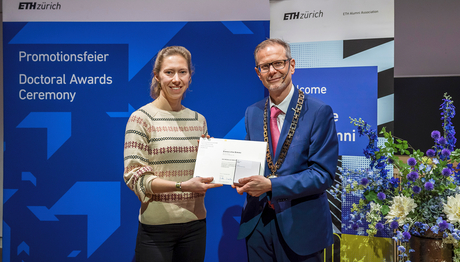
ETH Medal for Elena Gimmi
January 29, 2025
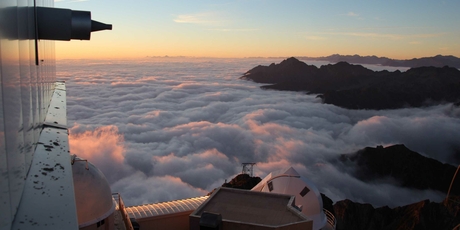
Interpreting traces of arsenic in rain
January 9, 2025

How inter- and transdisciplinary integration will fail ...
January 7, 2025
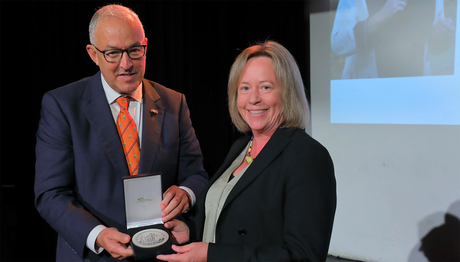
11th International Steven Hoogendijk Award (ISHA) goes ...
September 26, 2024

